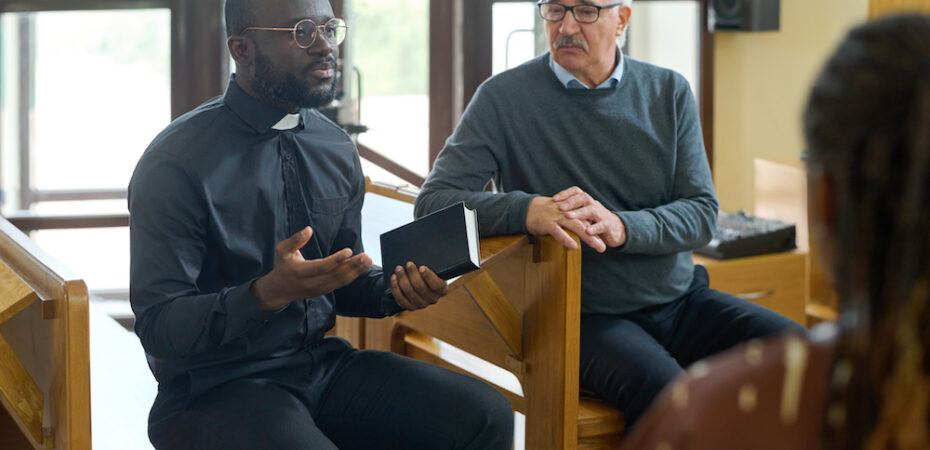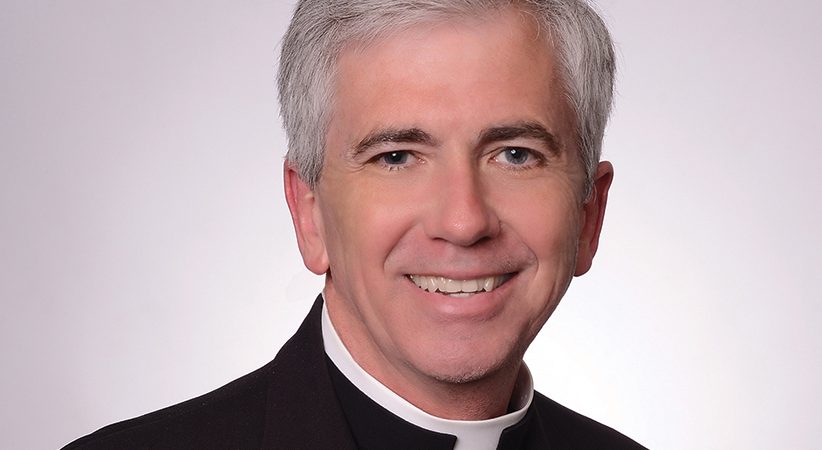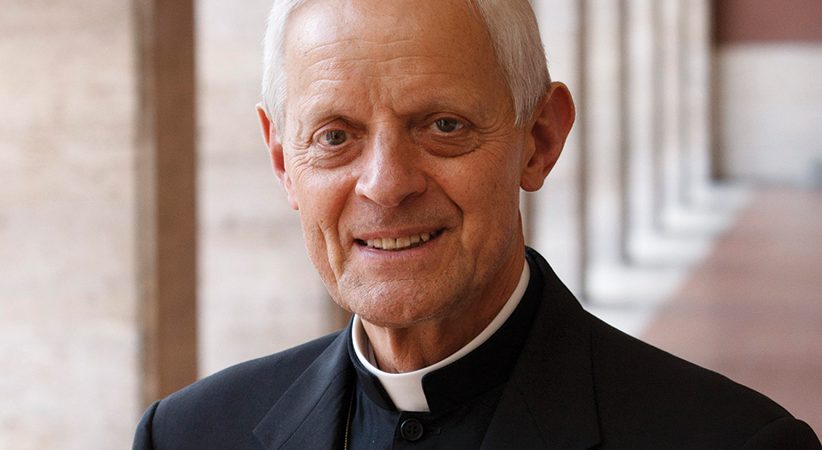When the Honeymoon Is Over …
What you can do to push through this phase
Daniel Cellucci Comments Off on When the Honeymoon Is Over …
Navigating the barriers of a new assignment starts with expecting them from the start.
For most of the world, summer is a time of recovery from the prior year and preparation for the next. For priests like you, especially during an assignment change, the summer months can be full of excitement or dread and the stress of moving and learning a new rhythm — not to mention the hopes and/or fears of what the next chapter of ministry will look like. Most of you understand the process of saying good-bye and introducing yourself to a new community.
What’s less understood by priests (and by most people) is that regardless of whether you were happy about the move or not, the wheels will come off your new reality at some point relatively soon. If summer was the time for preparation, fall is the season where things may start to feel like they are falling apart. It’s not a question of if that will happen or even when it will happen.
The most important question is, What will I need to lead through it when it happens? At Catholic Leadership Institute we refer to this as “phases of performance,” the natural progression that any human being goes through when doing something new.
One’s phase of performance on any task or responsibility reflects that person’s level of ability and energy. Assessing your own energy is relatively easy by asking yourself, “What’s my level of desire to be in this role in the first place (was it my choice or the bishop’s), and how confident am I in my own ability to do this?” Assessing your own ability can be difficult.
It’s when both factors — ability and energy — are low, that we want to quit, and when most people do. There are three important ways to help yourself and others push through this important phase.
First, expect that this downturn will happen and do your best not to catastrophize it. I used to organize special events, and a friend once told me to expect at least three things to go wrong on the day of the event. Because I was expecting something to happen, I was much more ready for it. One of the most common things that happens when a new pastor starts in a parish is that a staff member or two will choose to leave. Understandably, many pastors internalize this, and yes, it may have nothing to do with them. It may just be that the person sees it as a natural time to retire or move on.
Second, figure out the tools you need to build your ability. Instead of being alarmed or surprised at things you don’t know, or the land mines you might step on inadvertently, try to approach your new assignment with curiosity: “Wow, that didn’t go the way I thought it would. Why was that? What am I taking away from that? What did I learn about that person or group that I should keep in mind for the future?” Find some credible and trustworthy teachers. Ask them to review your new parish’s financials and guide you on some of the temporal priorities for your new assignment. Make a list of questions or things you want to learn about related to your new assignment and try to cross off one per week.
Last, figure out the fuel you need to build energy. Knowing that your confidence will wane and your desire may dissipate, think back to prior times in ministry when that happened and what were the most effective relationships, experiences or practices that helped you build up your mental, spiritual, physical and emotional reserves. Perhaps times in silence are most beneficial for you. Book a retreat or even just a day of quiet reflection during what you expect to be a busy time. If you like to process information out loud, find a coach who you can confide in, who will listen to you, but who won’t allow you to simply complain.
In your incredible service to the Church, you don’t always have input into the assignments you hold, but you deserve the support to make them as fruitful as possible. Assessing each phase of your performance and articulating and securing the tools you need will allow you to push through the natural wall everyone hits and maximize the potential God has put within you to serve the people entrusted to your care.
DANIEL CELLUCCI is the CEO of Catholic Leadership Institute. His most important vocation is as a husband and father to four children. He lives in the Archdiocese of Philadelphia.





